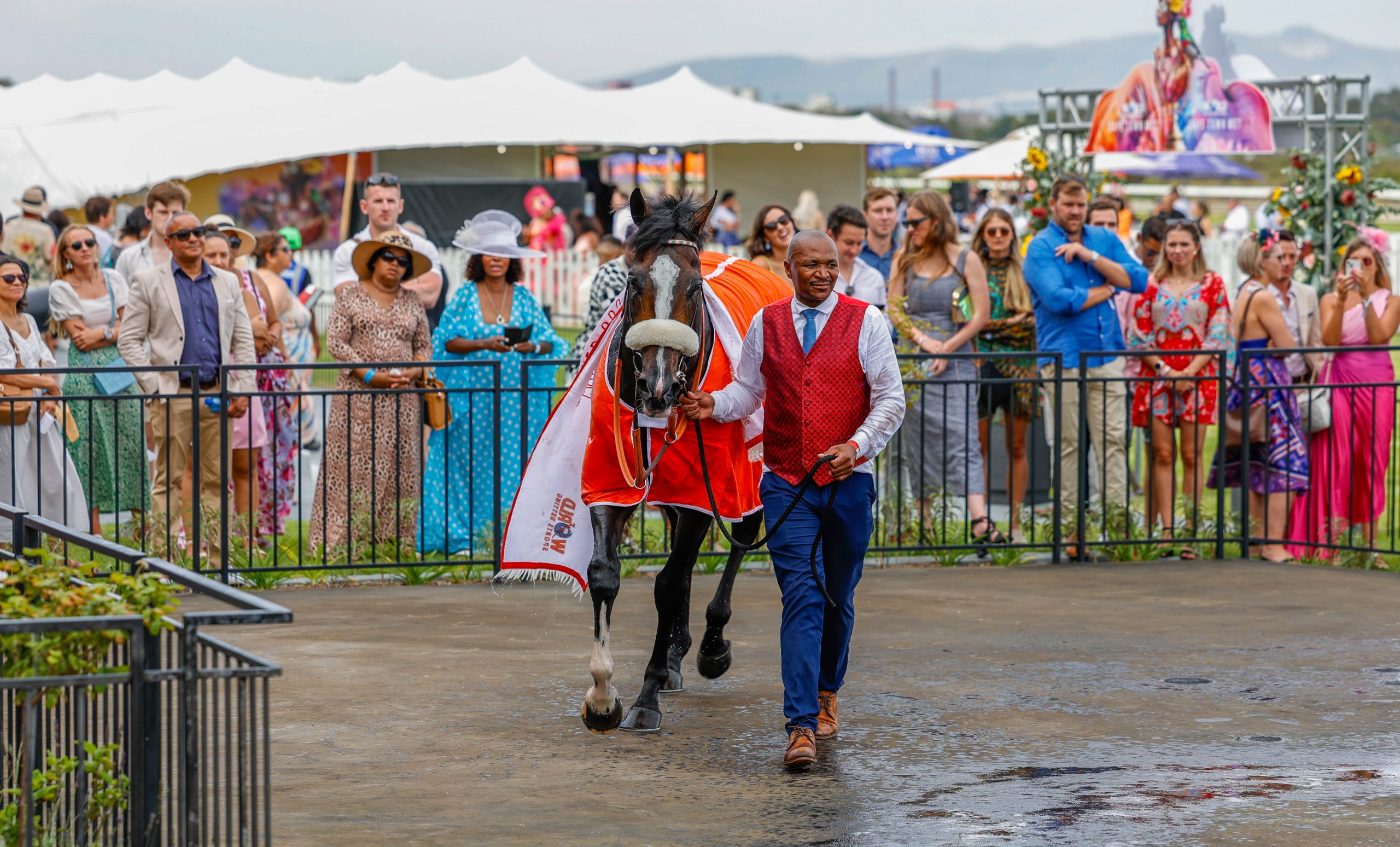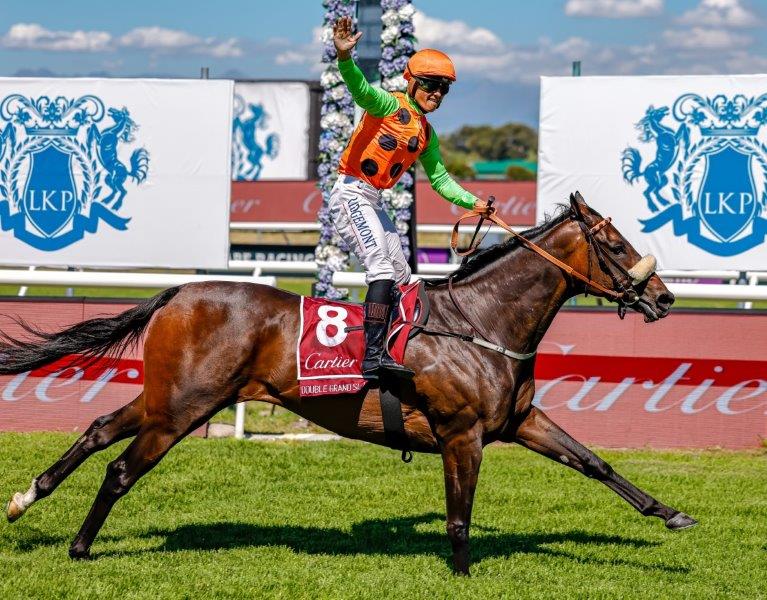Hollywoodbets’ open letter entitled “South African Bookmakers Do Pay for International Horse Racing” of 30th July 2014, which attempts to justify bookmakers’ display of live international racing in betting shops without being licensed to do so, refers.
The facts are:
- No bookmaker in South Africa contributes a cent of their own money to the racing operators or towards the funding of the sport in South Africa nor in any other international Racing jurisdiction;
- Bookmakers in South Africa are required in terms of their licence conditions to deduct 6% from the winnings of their punters and paythis as a levy to the gambling board in the province where the bet was placed. This is a provincial betting tax;
- In the provinces where race courses are located , namely the Eastern Cape, Free State, Gauteng, KwaZulu-Natal, Northern Cape and Western Cape, the gambling boards pay half of the levy over to the racing operator in the province concerned;
- In the provinces where there are no Race Courses, namely Limpopo, Mpumalanga and Northwest no payment is made by the gambling board to any racing operator in South Africa nor in any other country.
In contrast with the Tote, which contributes to the funding of horse racing out of its take-out (gross margin), bookmakers contribute nothing. Unlike the Tote, Bookmakers deduct the levy from their punters’ winnings and pay it over to the gambling board of the province in which the bet was placed.
The levy is not a contribution from the Bookmakers’ gross margin.
The rationale behind the Limpopo, Mpumalanga and Northwest gambling boards retaining the full amount collected from punters appears to be that as no racing takes place in their respective provinces and therefore no contribution to the funding of the sport in their province is justified. It goes without saying that these 3 gambling boards also do not pay any part of the Provincial levy over to any racing operator outside of South Africa.
It is important to stress that the levies paid over by the gambling boards in each of the Eastern Cape, Free State, Gauteng, KwaZulu-Natal, Northern Cape and Western Cape provinces are paid over to the racing operator in that specific province, despite the fact that the levies were generated by taxing the winnings of punters who had bet upon horse racing staged anywhere within and also outside of South Africa. There is no relationship between the location of the racecourse upon which the bet was made and the location of the payment of the percentage of the levy. The provincial payment is a means of supporting the funding of the sport in the province concerned. In provinces with no racing operator, the funds are absorbed into the provincial fiscus.
An example of the above is in the case of the Eastern Cape Gambling and Betting Act which, in Schedule iii, Part A (e) (i), stipulates that:
“A total of 6% on winning bets payable as to the Provincial Revenue Fund and 3% to be divided as prescribed between holders of racecourse licenses in the Province shall be charged, levied and collected and shall be payable by every person who placed a winning bet on any event or contingency, including a horse race.”
The example demonstrates that no regard is had to where in South Africa or internationally the race took place in terms of the distribution of the percentage of the levy. It follows that if there would be more than one racing operator in the Eastern Cape Province, the levy would then bedivided between them as prescribed.
Regulation 119S of the Free State Gambling and Racing act similarly requires in respect of horse racing a “Levy payable to the holder of a race meeting licence in terms of Regulation 119R(2)”. In some of the provinces the levy is determined as payable to the holder of a Totalisator licence.
This is simply because in such province the holder of the Totalisator licence is also the racing operator.
The levies received by the racing operators from the provinces in South Africa are similar to the bookmaker levies paid over to the racing operators in the UK and are solely intended to assist with the funding of the sport in each province.
Such provincial levies are clearly distinguishable from the ‘right to display live racing in a licensed betting outlet (LBO), which is an entirely separate matter (as is the situation in the UK for example).
LBO Rights must be paid for by bookmakers who choose to display the live racing. Those bookmakers who choose not to display TellyTrack will obviously not be required to pay and will still be able to offer bets on horse racing.
The suggestion by Hollywoodbets that the South African racing operators should have passed on the levies received from the provincial gambling boards (deducted from punters’ winnings) to international racing operators deliberately intends to confuse punters generated levies with bookmakers’ LBO rights in a shameless attempt to justify the unlawful display of live international [and South African] racing in Hollywoodbets’ betting shops.
The display of live racing in Hollywoodbets’ betting outlets without being licensed to do so is simply unlawful. TellyTrack and its local and international partners have instituted civil as well as criminal proceedings against Hollywoodbets.
Press Release issued jointly on 6 August 2014 by:
John Stuart: CEO TellyTrack
Rian Du Plessis: CEO Phumelela
Michel Nairac: CEO Gold Circle
Chris van Niekerk: Chairman Kenilworth Racing








